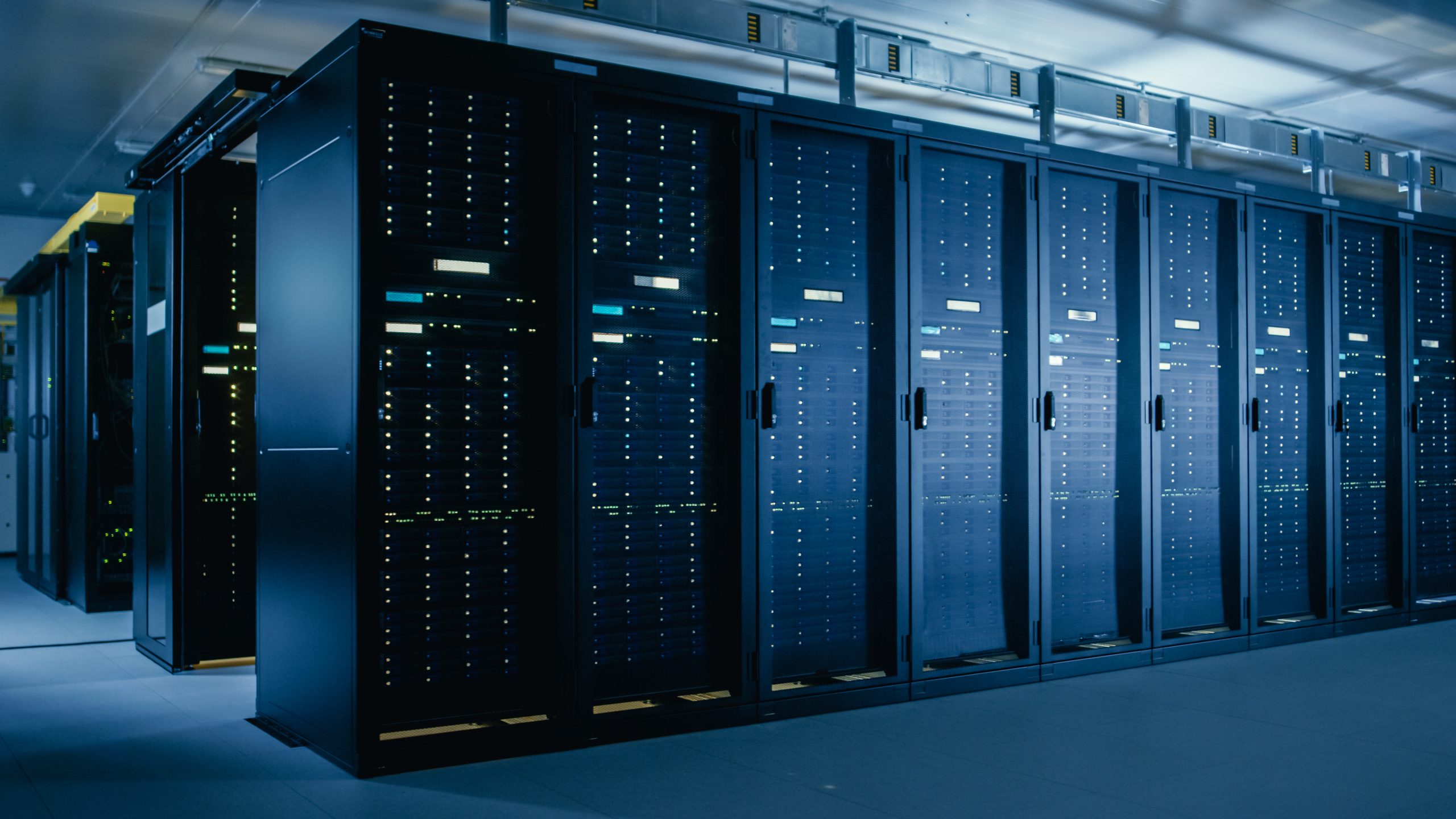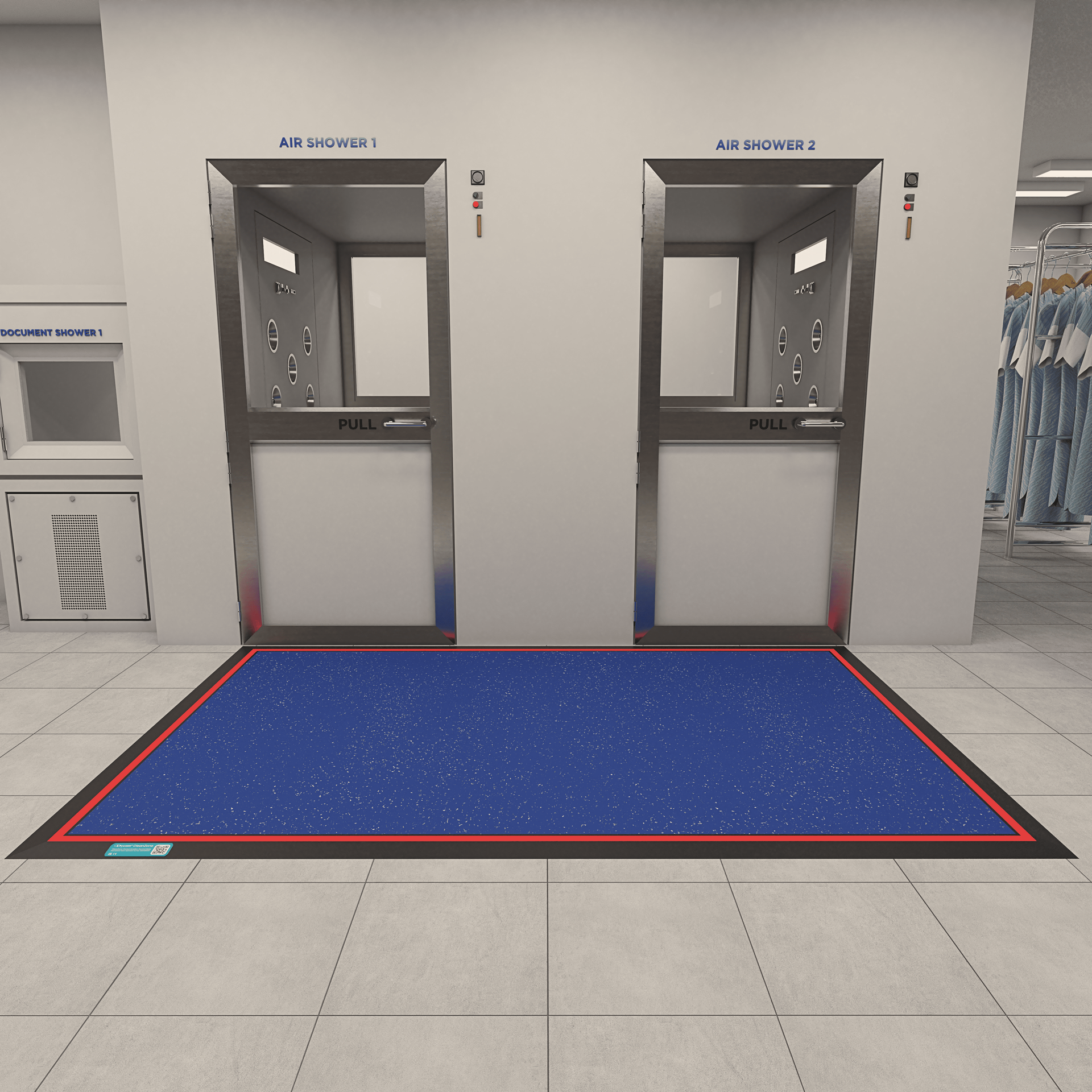Data Centers
Data centers serve as specialized environments to accommodate computer systems, infrastructure, and related elements like IT, storage, and telecommunications systems. As global communication and networking methods advance, data centers must continually align with these demands. This entails not just enhancing performance, but also sustaining energy efficiency.
Given the paramount importance of data security, data centers must provide a secure, uncontaminated setting to uphold rigorous benchmarks and minimize potential downtimes. Dycem provides established contamination control solutions for data centers.

Where to use Dycem in Data Centers
Critical IT environments subject to pedestrian and wheeled traffic.
Pedestrian entry/exits to data halls or server rooms.
Inside mantraps & airlocks.
Rack & equipment entrances to data halls or server rooms.
At hallway or corridor access points.
Contamination: The Risk to Data Centers
One of IBM’s key concerns is maintaining optimal data center cleaning standards to control contamination. Just a single hour of downtime can result in staggering financial losses, averaging around $300,000. Common types of contamination found in data centers include dust, debris, fibers, skin cells, static, Zinc Whiskers, and other particulate matter. These contaminants not only carry immediate financial repercussions but also disrupt daily operations, jeopardize data security, and even pose a fire hazard.
Controlled environments play a vital role in monitoring and minimizing contamination levels stemming from personnel, equipment, and environmental factors. This vigilance is crucial for upholding data center safety and efficiency.
Neglecting effective contamination control carries significant risks to a company’s brand, profitability, and personnel. Therefore, maintaining robust data center cleaning control measures is imperative to mitigate downtime risks.
Dycem access tiles and floating mats, integrated as integral components of a contamination control strategy, provide invaluable support to reduce the risk of particulate, airborne, and electrostatic discharge.
Don't Ignore the Floor...
80% of Contamination Enters a Critical Space at Floor Level.
Benefits of Dycem in Data Centers
superior particle collection & retention
Dirt and dust from shoes and wheels are captured on Dycem mats and remain on the surface until cleaned off. Dycem mats help to reduce contamination from shoes and wheels by up to 99.9%, and airborne contamination by up to 75%, helping to minimize the build-up of dust and other particulates in data centers.
Reduced concerns of esd damage
With Dycem mats installed prior to, or inside critical areas, our data center customers have peace of mind that damage from an Electrostatic Discharge (ESD) occurrence will be minimized. All Dycem mats dissipate static at 10⁸ ohms.
Easy removal & Acess
Dycem’s access tiles are specifically designed for facilities where access underneath the floor is required. Our inlaid tiles provide customised contamination control to support data centre cleaning, but are easily removed and replaced when access is needed.
Our Products, Your Industry
Keeping data centers contaminant-free is our priority. Dycem has specialized solutions to support reducing the risks contamination can pose in data centers.

Dycem Inlaid Access Panels
Our products for raised segmented flooring allow for contamination control and prevent electrostatic discharge without restricting access.

Dycem CleanZone
CleanZone helps control contamination from the shoes of personnel.

Dycem Floating Mats
Floating Mats are a contamination control solution that can be moved as needed.
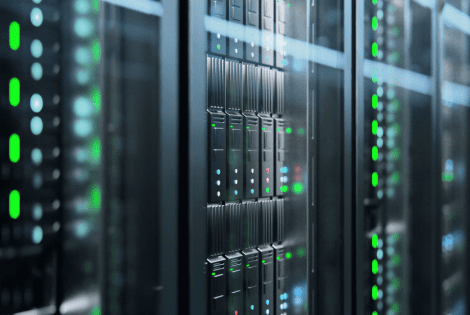
In Your Industry
Discover your industry’s specific applications—all conveniently summarized right here.
Success Stories...
Discover our success stories in your industry.
Learn how our customers have benefitted from installing Dycem.

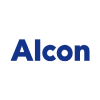

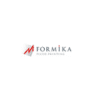

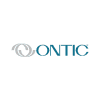





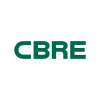






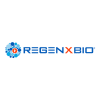



















Why Air Contaminants Should Be Given Attention
Read this article segment from AKCP, the worlds oldest and largest manufacturer of SNMP enabled sensors:
“Today, data centers are one of the most important parts of a company. They run non-stop so people can access their wealth of information. Exposure to contaminants, however, are threatening data centers. These threats create numerous drawbacks.
The most affected part of a company would be its bottom line. Data center equipment and technologies are sophisticated and expensive, that’s why they require intensive maintenance. The presence of a contaminant could shorten what could have been years of an equipment’s lifespan. Not only the computers and servers are at stake, but also maintenance and monitoring technologies. Heating, ventilation, and air conditioning systems (HVAC), temperature sensors, and cleaning devices can also break down due to contaminants’ corrosive properties. The need for constant replacement of expensive materials is not financially healthy and only incurs added expenses.
Broken servers could lead to downtime and data loss. Particle emissions can cause static charges that interfere with servers. Both downtime and loss of data could be compelling reasons for a client to lose trust over a data center company. Frequent inaccessibility to information, and increasing competition among data center companies, makes switching data providers an easy choice. Again, this could be a big blow to the company’s bottom line.”


